Honduras: Supreme Court uses UNDROP article 19 on the right to seeds to declare unconstitutional the Monsanto Law
In November 2021, the Supreme Court of Honduras unanimously declared the Plant Variety Protection Law (Decree Nº 21-2012) unconstitutional, on the grounds that it violated the Constitution, various international treaties ratified by Honduras, as well as international standards related to the protection of the right to adequate nutrition. This judgment is one of the first to explicitly refer to the United Nations Declaration on the Rights of Peasants and Other People Working in Rural Areas (UNDROP).
Known as the Monsanto Law, Decree Nº 21-2012 was passed by Congress in 2012. Modeled on the 1991 Act of the International Union for the Protection of New Varieties of Plants (UPOV), it made it illegal to save, give away or exchange seeds from plant varieties protected by plant breeders’ rights. Honduras is not a member of UPOV and is under no obligation to adhere to the 1991 Act.
In 2016, the National Association for the Promotion of Organic Farming (ANAFAE) filed a first unsuccessful legal action against the decree. Undeterred, ANAFAE filed another legal action in 2018 with peasant organizations and independent farmers that resulted in the Supreme Court striking down the law in its entirety (Action of Unconstitutionality EXP SCO-0877/2018).
The Court accepted the five arguments put forward by the plaintiffs in their petition, namely that Decree Nº 21-2012 (1) represented an attack on the country’s sovereignty and right to self-determination, by granting plant breeders’ rights over native seeds and plant varieties for commercial use, to the detriment of the free use of wealth and natural resources; (2) violated constitutional principles for life, human dignity and the right to an adequate standard of living; (3) represented an attack on the human rights to nutrition and health; (4) contradicted the obligation of the state to preserve the environment so as to protect the health of its population; and (5) contravened the constitutional and international duty of the state to protect Indigenous cultures and farmers’ rights.
The judgment recognizes that peasants’ traditional knowledge is essential for the preservation of biological diversity and for global food security, and that the Decree violated the provisions of Articles 19 and 20 of UNDROP on the right to seeds and biological diversity.
This is a momentous judgment for Honduran peasants. It also sets a precedent for other countries that have passed laws modelled on UPOV 91 in contradiction to their international commitments in the area of human rights, peasant rights and the right to food.
Link to the Official Court ruling in Spanish
Link to an English translation of the Court ruling (unofficial, by APBREBES ans HEKS/EPER)

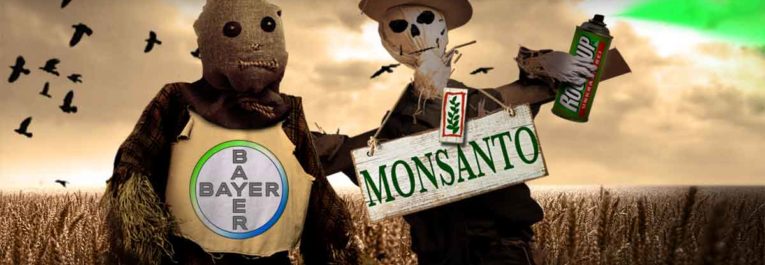
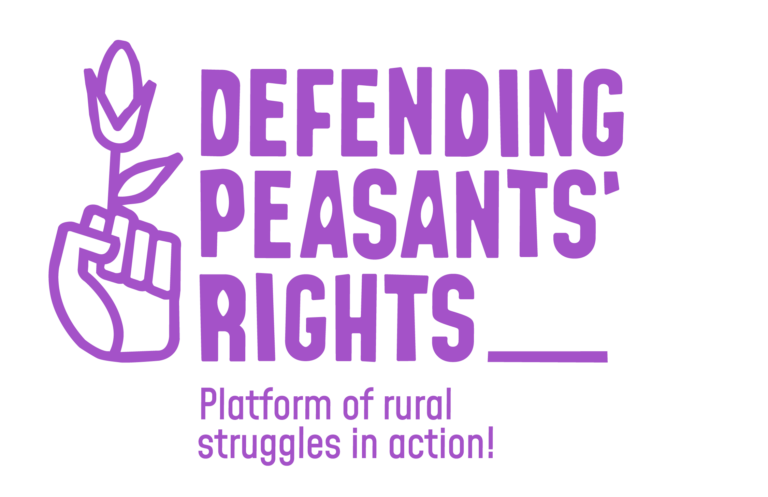
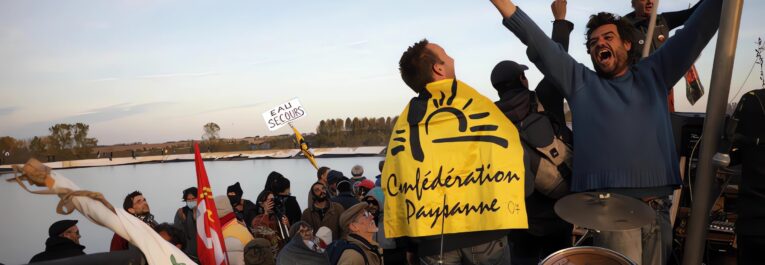

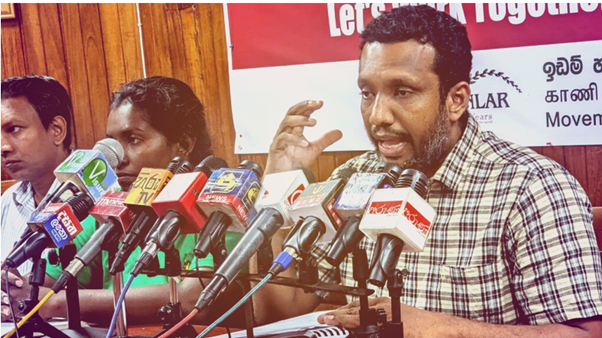
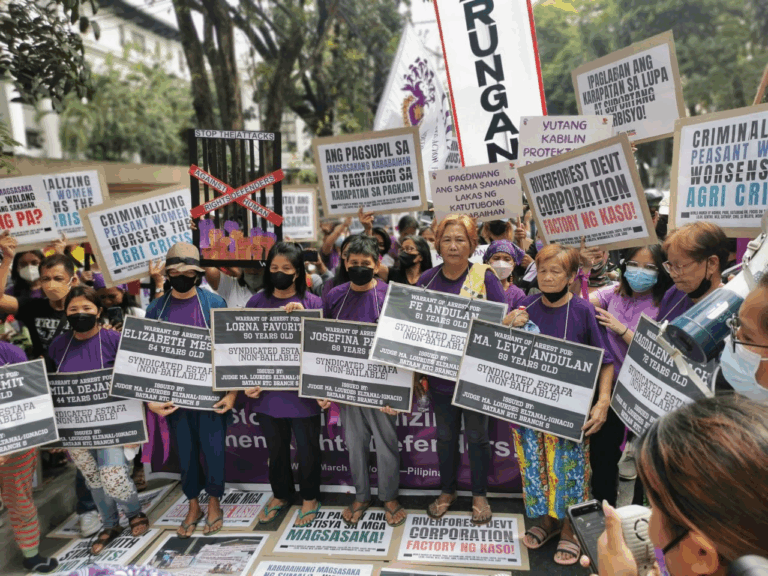

3 Comments
Comments are closed.